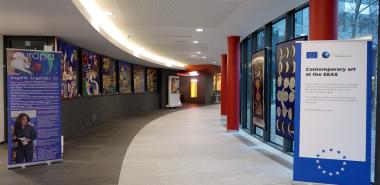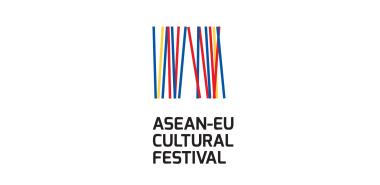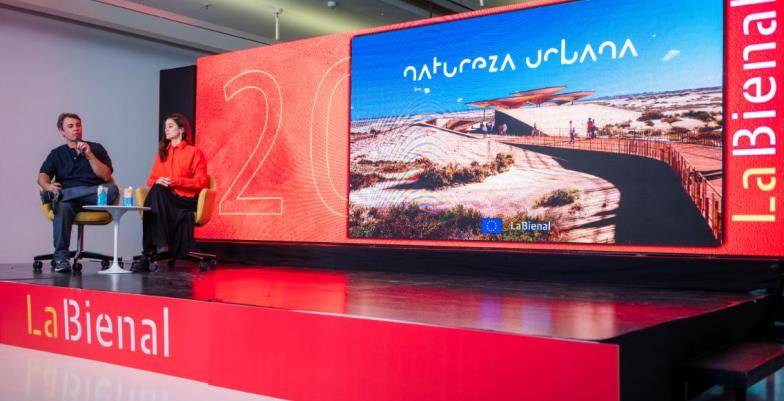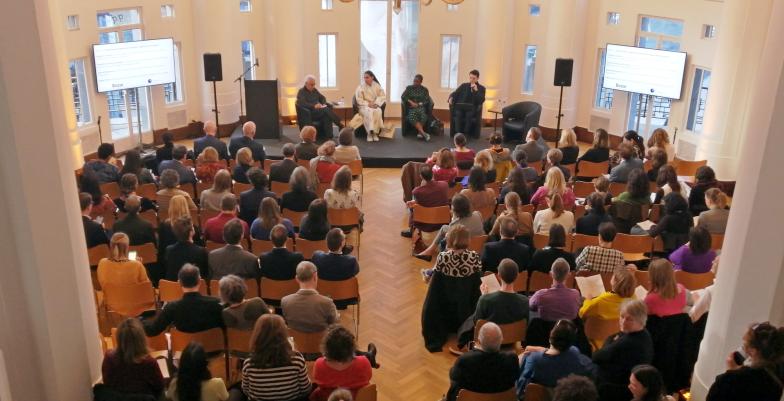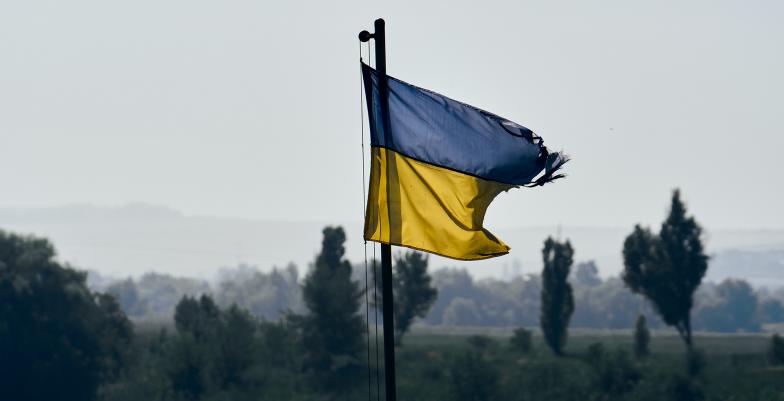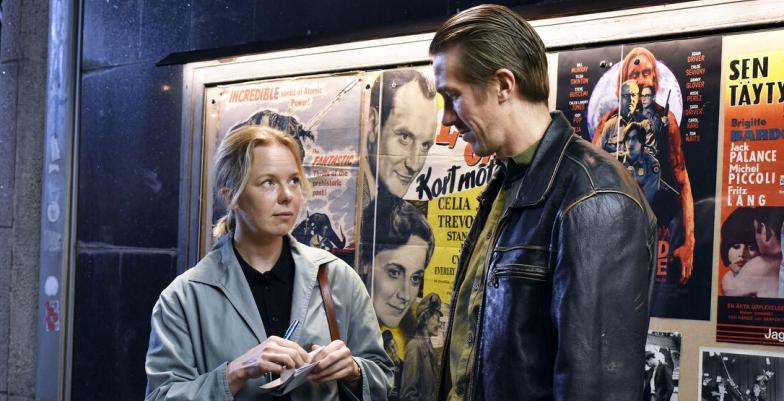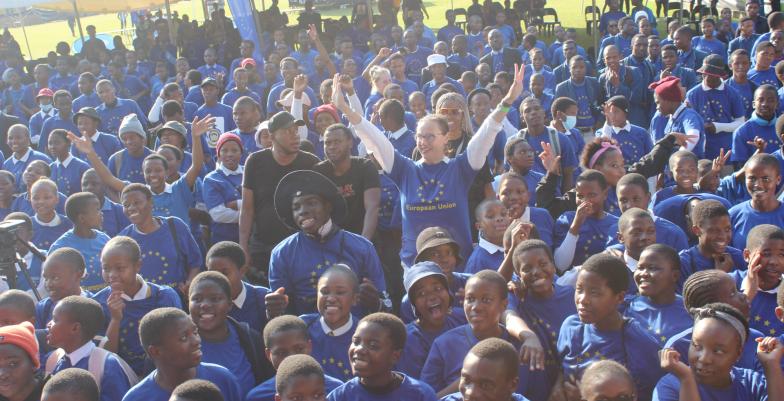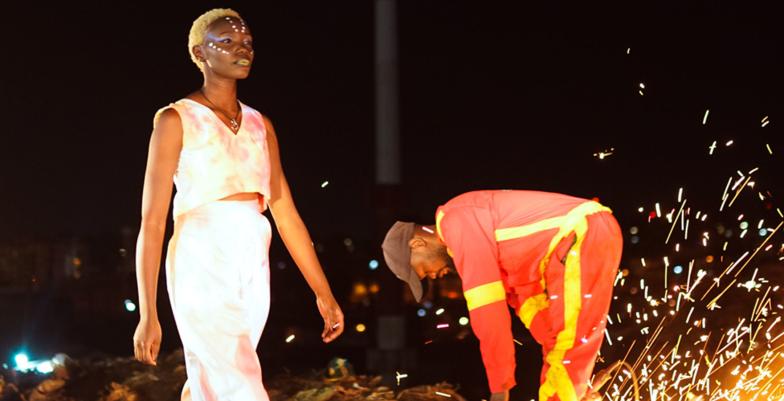Culture – Implementing EU international cultural relations
In most Member States, Cultural Diplomacy is since long established as a valuable component of the diplomatic toolbox. By contrast, it is a fairly recent addition to the EU’s set of instruments: A Joint Communication of 8 June 2016 and Council Conclusions of 8 April 2019 serve as strategic basis and framework for action. They follow the international cultural relations approach focusing on people-to-people contacts and co-creation processes in contrast to traditional “show casing” practises. They focus on advancing cultural cooperation with partner countries across three main strands:
• supporting culture as an engine for sustainable social and economic development
• promoting culture and intercultural dialogue for peaceful inter-community relations
• reinforcing cooperation on cultural heritage.
Pilot projects and the preparatory action “European Spaces of Culture” have already delivered tangible results. EU international cultural relations resonate well with key stakeholders and effectively support the European agenda in a contested geopolitical landscape.
On This Page
In Focus
Partners and procedures
|
Cultural diversity is one of the emblems of the EU and its Member States and a tool to strengthen cultural relations beyond our borders, to connect people worldwide, to share values, to improve international relations and to learn from each other’s practice. At the heart of EU international cultural relations is a partnership between the European Commission, the EEAS, and EUNIC - the network of the EU member states national institutes for culture. EUNIC together with EU Delegations delivers transnational collaborative projects worldwide through its 35 members and more than 125 clusters. Clusters are collaboration platforms established where at least 3 local offices of EUNIC members operate together. They are supported by Cultural Focal Points at EU Delegations. They seek close relations with local stakeholders, i.e. creatives, culture related institutions and creative industries. The Cultural Relations Platform (CRP) is an EU-funded project which offers advice on cultural policy, facilitates networking, carries out activities with cultural stakeholders, Member States and EU delegations, develops training programmes for cultural leadership, and contributes to the development of the EU's international cultural relations. Moreover, the EU in the spirit of effective multilateralism works together with relevant international organisations such as the Council of Europe or UNESCO. |
Telling examples
In February 2018 the EU and UNESCO signed a three-year project agreement to promote social cohesion and reconciliation in Iraq through the restoration and reconstruction of historic urban landscapes in Mosul and Basra. The projects go along with job creation and skills development, especially among young people, internally displaced persons and returnees.
Tfanen - Tunisie Créative supports the strengthening and capacity building of local cultural actors in Tunisia. It promotes cultural diversity, access to culture, freedom of expression and creation among young people. The programme also aims to strengthen civil society, facilitate sustainable professionalization of the cultural sector and reinforcement of the role of culture as a vector for social cohesion at local, regional and national level.
Challenges
The success of the new approach relies on the principle that all stakeholders join forces. It addresses EU institutions, EU Member States, national cultural institutes, private and public operators and creatives from the EU and its partner countries.The EEAS offers above all its expertise and its Delegations and Offices operating around the world.acting as an enabler with a view to encouraging synergies and cooperation.

